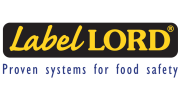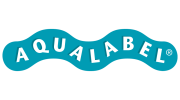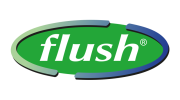Food safety and the circular economy
Currently, the food system is responsible for a quarter of global greenhouse gas emissions. To reduce this, it is necessary to make the production and consumption of food more sustainable. The UK still has a long way to go. According to The Food Sustainability Index, the UK is near the bottom of the table compared to the European counterparts.
The leg of sustainability
In the UK, more than 10 million tonnes of food are thrown away each year. Food is not only wasted on consumer level but also before harvesting, when being stored, packed or transported. Besides insects and bad weather, supermarkets play a key role in causing food loss. Feedback Global reveals in their report the important role supermarkets play regarding food waste on farm level. Food waste on farm level is a symptom of overproduction. Part of this overproduction is caused by requirements that supermarkets place on products. Supermarkets created a food production model that dictates a consistent, high availability of cosmetically perfect products. In addition, all vegetables and fruits need to be available throughout the whole year.
For consumers trying to make a change regarding the waste of food and food sustainability, it is hard to make the right choices in buying the right food products. Food supply chains are often to complicated for consumers to get the greater picture of the process their food has been through. Furthermore, ingredients lists and food labels are often wholly inadequate. For example, the symbols as a sign of quality that consumers rely on, does not say anything about the way the animal was fed.
Circular Economy
In order to make the UK food production and consumption more sustainable, reduce CO2 emissions and save money, less food must be wasted. Not only the consumer attaches more and more value to sustainability which has an ever-increasing influence on the buying behaviour of these consumers, sustainability is also an important item on the political agenda. The UK government supports the ambition to reduce the amount of food that is wasted by households, companies and catering establishments in the UK by at least 20% per capita by the year 2025. This target which will help the UK to achieve the United Nations Sustainable Development Goal by 2030. This target is part of the Courtauld Commitment 2025, a cooperation between organisations across the food system to make the food production and consumption more sustainable. The final goal is to create a circular economy, meaning all materials are reused without any loss and waste.
Food safety risks
In addition to all the benefits, the sustainability of the production and consumption of food also entails disadvantages. In a circular economy, recycling will become highly important, for it is important that materials can be reused as much as possible. In order to prevent garbage and hazardous substances entering our food supply chain, companies must be alert when it comes to recycling. Also, recycling can be susceptible to fraud regarding food waste.
Source: Vakbladvoedingsindustrie.nl, wrap.org.uk, independent.co.uk, friendsoftheearth.uk




